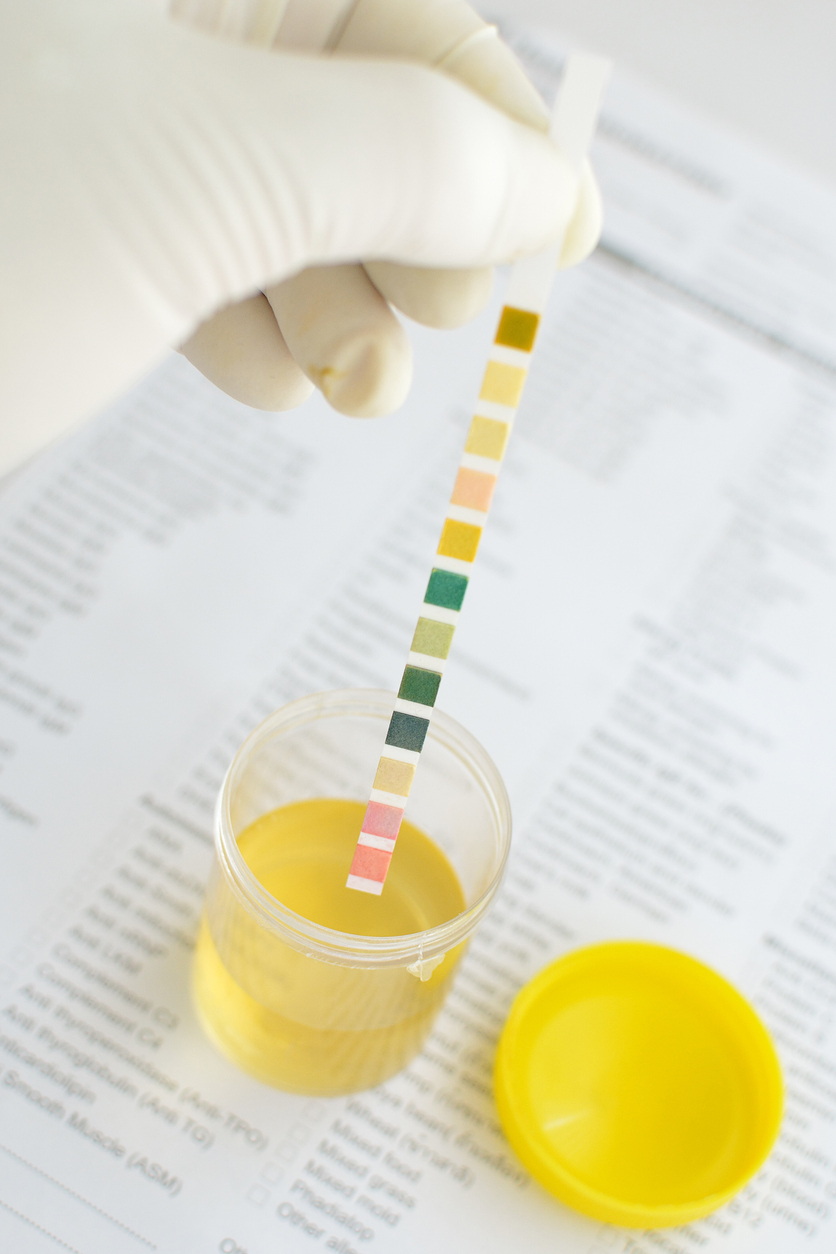Living with Chronic Pain
Types of Urine Drug Screens

7 people found this helpful
Print
Share
Save
What is a urine drug screen?
A urine drug screen is a medical test used to detect drugs in the body. The kidneys filter toxins and other substances from the blood; this waste is then excreted from the body in the urine. Therefore, drug and alcohol use can be detected in a urine sample.
Types of urine drug screens
Two types of urine drug screens are currently used: immunoassay and gas chromatography/mass spectrometry (GC/MS).
- Immunoassay
An immunoassay urine screen is cost-effective, and the results are obtained quickly. However, this particular test does not detect all opioids and occasionally provides false positives. A false positive urine screen is when a test comes back positive for drugs when no drugs were used. Immunoassay is the most common type of urine screen, but it fails to measure the actual amount of opioids in the body. Instead, it detects the drug interaction with the body's immune system. Results of this test are expressed in ng/mL (nanograms per milliliter). Problems arise when instant immunoassay tests fail to display the ng/mL measurement; however, a test strip that turns a certain color if drugs are present can be used. - Gas chromatography/mass spectrometry
If an immunoassay comes back positive, a gas chromatography/mass spectrometry is done for concrete confirmation that drugs are in the system. This test is much more accurate but also more costly, and the results take much longer. Unfortunately, both of these types of urine drug screens can give a false negative result (indicating no drugs are in the system when drugs are being used), and both can fail to denote same-day drug use.


















